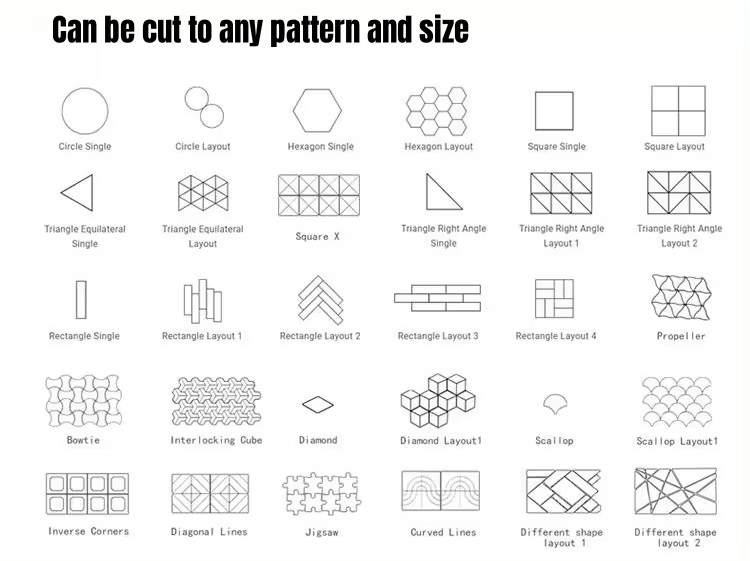Soundproof Padding for Walls Enhancing Noise Control in Your Space
In today’s fast-paced world, noise pollution has become an unavoidable aspect of life. Whether it’s the bustling sounds of city traffic, the chatter from neighbors, or the echoing noises within your own home, unwanted sound can be a significant source of stress. One effective solution to combat this issue is the installation of soundproof padding for walls. This article explores the benefits, types, and installation process of soundproof wall padding to help you create a more tranquil environment.
Understanding Soundproofing
Soundproofing involves techniques and materials used to reduce sound transmission between rooms or from external environments. The effectiveness of soundproofing often depends on the materials used, the structure of the building, and the specific sound frequencies you wish to mitigate. Soundproof padding, also known as acoustic panels or sound-absorbing materials, is specially designed to dampen noise and improve sound quality in a space.
Benefits of Soundproof Padding
1. Noise Reduction The primary benefit of soundproof padding is its ability to significantly reduce noise levels. By absorbing sound waves, these materials prevent unwanted sounds from traveling through walls and ceilings. This is especially beneficial in urban areas where outside noise is prevalent.
2. Enhanced Privacy For commercial spaces or homes with shared walls, soundproofing can provide a greater sense of privacy. Meetings, conversations, or simply enjoying personal time are less likely to be interrupted or overheard.
3. Improved Acoustics In spaces designed for music, recording, or any auditory applications, soundproof padding can enhance overall sound quality. By minimizing echoes and reverberations, these materials can create a more pleasant listening environment.
4. Energy Efficiency Many soundproofing materials also offer insulation benefits. By reducing air leaks and improving thermal resistance, soundproof padding can enhance energy efficiency in your home.
soundproof padding for walls

Types of Soundproof Padding
There are several types of soundproof paddings available, each with unique properties
- Foam Panels Lightweight and easy to install, foam panels are common in recording studios and home theaters. They come in various shapes and sizes, allowing for creative design options.
- Mass Loaded Vinyl (MLV) This dense material is effective in blocking sound and can be hung directly on walls or ceilings. MLV is especially good for lower-frequency sounds.
- Acoustic Blankets These heavy, thick blankets can be hung over walls for added sound absorption. They are useful for temporary installations or in rented spaces.
Installation Process
Installing soundproof padding is often a straightforward process. Begin by assessing the areas that require soundproofing. Clean the wall surface thoroughly to ensure proper adhesion. For foam panels, peel-and-stick options are available, while MLV may require nails or adhesive. Ensure panels are placed staggered to avoid sound travel gaps. Finally, finishing touches like paint can enhance aesthetics.
Conclusion
Investing in soundproof padding for walls is a practical step towards enhancing comfort within any living or working space. By reducing noise levels, improving privacy, and enhancing acoustics, soundproof padding offers numerous benefits that contribute to a more pleasant environment. Whether you’re a city dweller or just looking for a quieter home, soundproof padding can make a difference in creating your ideal sanctuary.
-
Wooden Sound Proof Panels for Conference RoomsNewsJun.13,2025
-
Maintenance Tips for Felt Wall PanelsNewsJun.13,2025
-
How to Clean and Maintain a Pet Snuffle MatNewsJun.13,2025
-
Custom Shapes and Sizes for Polyester Fiber Acoustic PanelsNewsJun.13,2025
-
Best Sound Proof Panels for Home TheatersNewsJun.13,2025
-
Benefits of Wooden Acoustic Wall Panels for Home TheatersNewsJun.13,2025
